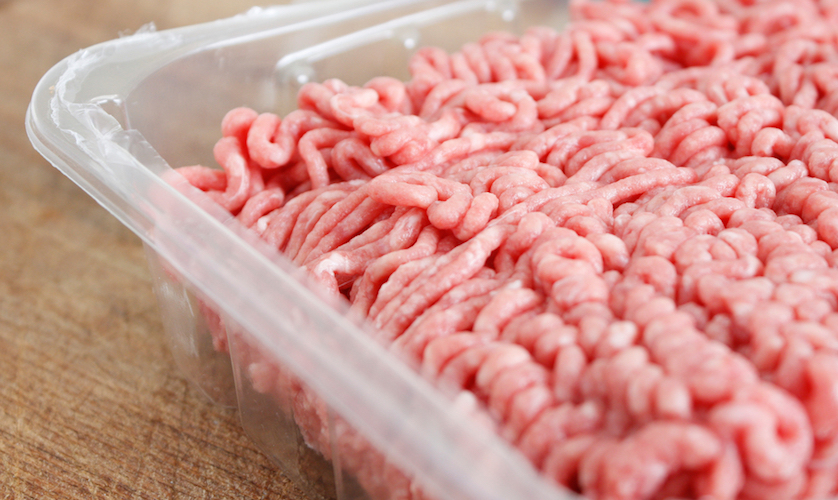Labelling requirements on minced meat delayed until 2024
New labelling rules on EU goods entering the UK involving products such as minced meat, beef and veal have been delayed until 1st January 2024, according to a statement by Defra.

Food labelling rules that are set to apply from 1st October 2022 (required on importing products of animal origin) will now come into force on 1st January 2024. Food businesses have until 31st December to adopt the new markings.
Delaying the new labelling requirements will mean that some labelling terms and EU addresses (in relation to the importer or food business operator address requirement) will continue to be permitted on the GB market for an additional 15 months.
Following a formal agreement from both Welsh and Scottish governments, these changes will apply across the whole of the UK.
For beef, veal and minced meat placed on the GB market, a business can continue to refer to ‘EU’ or ‘non-EU’ when the label does not list each country of origin until 31st December 2023. However, from 1st January 2024 ’UK’ or ‘non-UK’ must be used when the label does not list each country of origin.
The delays will also impact upcoming changes to Food Business Operator (FBO) address requirements, labelling of quick frozen foodstuffs and caseins and caseinates.
The impact of Russia’s invasion of Ukraine on the supply chain and the current rise in global energy costs have been cited as reasons for the delay.
Protecting consumers
In a statement, Defra said the delay of import controls is to further help UK food businesses. It said: “This allows FBOs to continue to finish existing stocks of labels, wrapping and packaging carrying the ‘UK/EC’ identification mark owned by the food business operator at the end of the Transition Period.”
Defra added that the delay is not intended to enable businesses to replenish stocks of labels, wrapping and packaging carrying the ‘UK/EC’ identification mark after the end of the transition period. It has also encouraged businesses to adopt the new markings as soon as possible following the end of the transition period.
It added that the decision was “in line with protecting consumers from unnecessary costs.”

 Avian influenza detected at a premises in Pembrokeshire
Avian influenza detected at a premises in Pembrokeshire  Scottish food industry calls ‘emergency’ meeting to discuss bill consultation
Scottish food industry calls ‘emergency’ meeting to discuss bill consultation
